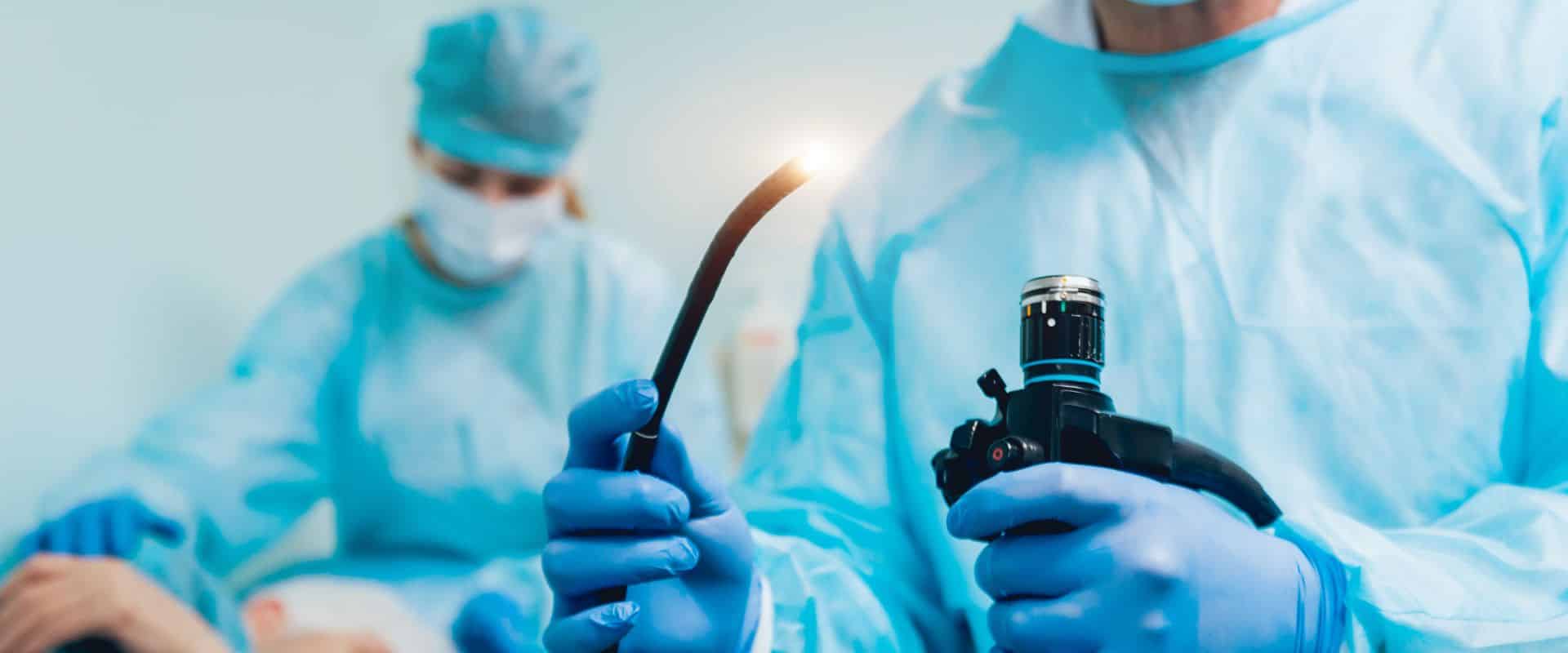Understanding the importance of bowel cancer testing
Bowel cancer is one of the most treatable cancers when detected early, yet its prevalence remains significant. In 2024 alone, an estimated 15,542 new cases of colorectal cancer were diagnosed in Australia. Early diagnosis may dramatically improve treatment outcomes by identifying abnormal changes before they progress into more serious conditions. Regular screening may provide a greater opportunity for timely intervention, potentially saving lives. But what testing options are available for bowel cancer, and how do they work?
Below, we explore the key tests used to detect early signs of bowel cancer, their benefits, and who should consider them.
Explore tests for detecting bowel cancer
Early detection helps save lives. From simple at-home kits to advanced diagnostic tools, each test offers unique advantages to help identify and address issues as soon as possible. Let’s explore five tests for early detection and prevention.
Faecal immunochemical test (FIT)
The faecal immunochemical test (FIT) is a simple and effective screening tool that can help detect early signs of bowel cancer.
- How it works: FIT identifies hidden traces of blood in stool that cannot be seen by the naked eye.
- For whom: Routing screening is recommended for people over 50 or those with a family history of bowel cancer.
- Benefits: It is a non-invasive, easy-to-use test that can be done in the comfort of your own home.
FIT is an essential component of Australia’s National Bowel Cancer Screening Program and is often the first step in detecting potential problems.
Colonoscopy
A colonoscopy is considered one of the leading procedures used to diagnose bowel cancer and is often used after other tests, like FIT, show abnormal results.
- What it involves: During a colonoscopy, a flexible tube with a camera is inserted into the bowel to examine the lining for abnormalities.
- What it detects: This test identifies polyps, inflammation, and signs of cancer, allowing doctors to evaluate the entire colon.
- Benefits: Polyps found during the testing procedure can be removed immediately, preventing them from turning cancerous.
While a colonoscopy is more invasive than other tests, its ability to combine detection and treatment makes it an important test in bowel cancer prevention.
CT colonography
CT colonography, often referred to as a virtual colonoscopy, provides a detailed, non-invasive alternative to a traditional colonoscopy.
- What it involves: A CT scanner is used to create 3D images of the colon and rectum, enabling doctors to check for abnormalities.
- When it’s used: When patients are unable or unwilling to undergo a traditional colonoscopy due to medical or personal reasons.
- Benefits: The CT colonography procedure is quick, does not require sedation, and offers better visualisation of the bowel.
Although CT colonography does not allow for polyp removal during the procedure, it serves as an excellent diagnostic tool, particularly for initial evaluations.
Sigmoidoscopy
A sigmoidoscopy is another diagnostic tool focused on examining the lower part of the colon.
- Key focus areas: This test specifically looks at the rectum and sigmoid colon, which is the last section of the bowel.
- Why it’s useful: Sigmoidoscopy is often used to identify early-stage issues such as inflammation, polyps, or abnormalities.
- Benefits: Less preparation is needed for a sigmoidoscopy compared to a full colonoscopy, and the procedure is quicker.
For individuals with localised symptoms or a lower risk of bowel cancer, a sigmoidoscopy can provide better insights into their bowel health.
Stool DNA test
Stool DNA testing analyses genetic changes associated with bowel cancer.
- What it checks for: This test identifies DNA markers from cancerous or pre-cancerous cells in your stool.
- Suitability: Often recommended as part of a comprehensive diagnostic approach alongside other tests.
- Benefits: It can detect bowel cancer at an early stage, even before physical symptoms appear.
While less common than FIT or colonoscopy, stool DNA testing provides an advanced option for those seeking in-depth screening.
FAQs

Most bowel cancer tests, such as the faecal immunochemical test (FIT) or stool DNA tests, are non-invasive, making them easy and convenient for regular screening. Procedures like colonoscopies or sigmoidoscopies, while slightly more invasive, are generally well-tolerated. With proper preparation and sedation (if required), any discomfort is minimal, and the benefits of these tests may outweigh the temporary inconvenience.
The frequency of bowel cancer screening depends on your age, medical history, and individual risk factors. In Australia, individuals aged 50 to 74 are encouraged to participate in the National Bowel Cancer Screening Program, which provides free screening every two years. If you have a family history of bowel cancer or other risk factors, your doctor may recommend starting screening earlier or using more frequent testing methods like a colonoscopy.
Skipping regular bowel cancer screening may significantly increase the risk of detecting the disease at an advanced stage, where treatment is more challenging and less effective. Early detection through routine tests allows for the identification of abnormalities, such as polyps, before they become cancerous. By neglecting screening, you may miss the opportunity to address these changes early, reducing the likelihood of successful treatment and recovery.
Yes, certain tests, particularly colonoscopies, can help identify other gastrointestinal conditions beyond bowel cancer. These include inflammatory bowel disease (IBD), diverticulitis, ulcers, and other abnormalities in the bowel. This dual benefit makes comprehensive diagnostic procedures like colonoscopies an invaluable tool for maintaining overall bowel health.
Take charge of your bowel health today
Early detection is essential for preventing serious intestinal issues, including bowel cancer and conditions requiring treatment such as intestinal parasite treatment. Regular screening helps identify abnormalities early, improving treatment outcomes and overall digestive health. Tests like colonoscopies may also uncover other issues, such as inflammation or polyps before they worsen.
Don’t wait for symptoms to appear. Schedule your bowel cancer test today and take a proactive step towards better health. Contact us now to learn more or book your appointment.
